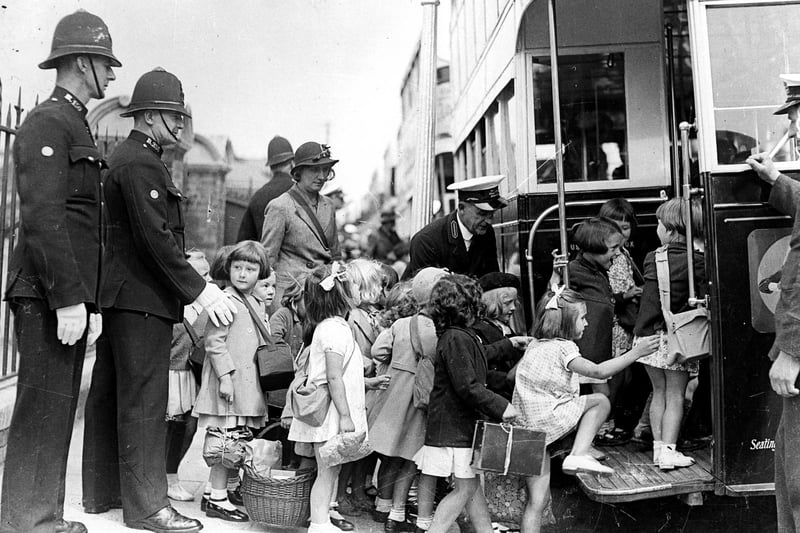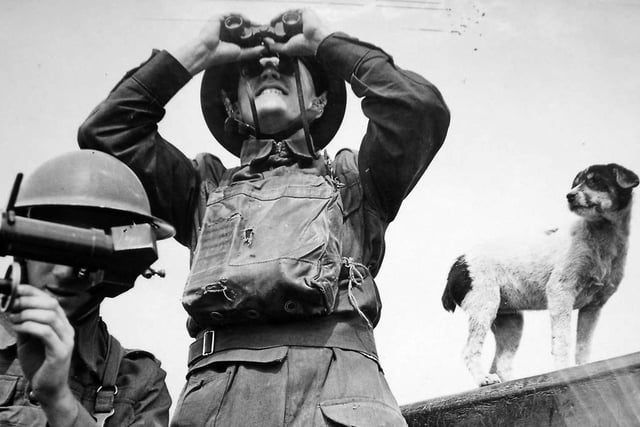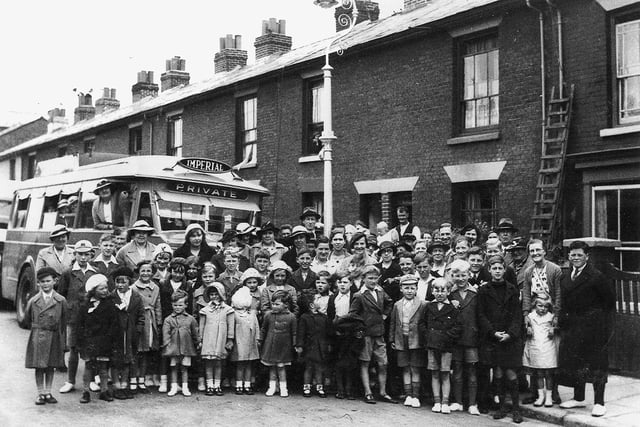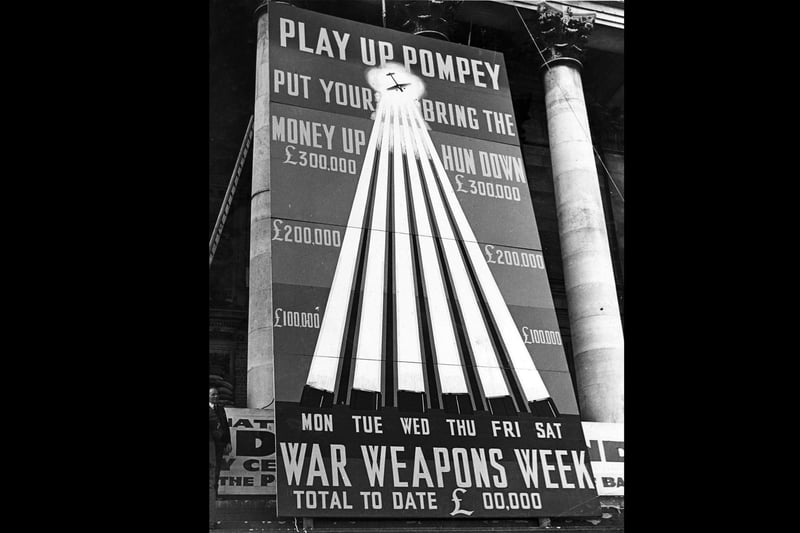As these historic photos show, the early months of the war meant residents had to quickly train as soldiers before departing for Europe and leaving their loved ones behind.
In our gallery you will also see young evacuees leaving the city and residents of Goodwood Road about to embark on an outing not realising that in two months time the country would be at war. You will also see some of the first areas to be hit by the air raids and the devastation of those bombs.
MORE RETRO PHOTOS: Portsmouth 70 years ago | The oldest places in Portsmouth | Lost Portsmouth shops
Most of the area in Portsmouth destroyed in air raids has now been rebuilt, but the memories of the devastating war still remain.
More photos from this collection can be found on our new Facebook group Portsmouth Retro – you can join here.
You can subscribe here for unlimited access to Portsmouth news online - as well as our new Puzzles section.

1. The beginning of the Second World War in Portsmouth
Portsmouth children being evacuated in 1939. The girl on the left is Marjorie Charman nee Watts. Evacuees board buses at George Street, Portsmouth at the beginning of the Second World War. The News PP5415 Photo: The News archive

2. The beginning of the Second World War in Portsmouth
The 214 Battery was commanded by Roy Willis, a Mathematics master at Portsmouth Grammar School between 1925 and 1970. He took command of 214 Battery (of the 57th Heavy A.A. Regiment R.A., T.A.) in 1931 and encouraged many grammar school leavers to join, not only out of patriotism, but to enjoy the social and sporting life in the Territorial Army. By the time the battery was mobilised in August 1939, out of 235 officers and men about half were former pupils of the school. Photo: The News archive

3. The beginning of the Second World War in Portsmouth
The calm before the storm. The residents of Goodwood Road, Southsea, off on their summer outing to Purbrook in July 1939. Photo: The News archvie

4. The beginning of the Second World War in Portsmouth
The chart for War Weapons Week on the outside of the Guildhall, Portsmouth, October 21-26, 1940 Photo: The News archive